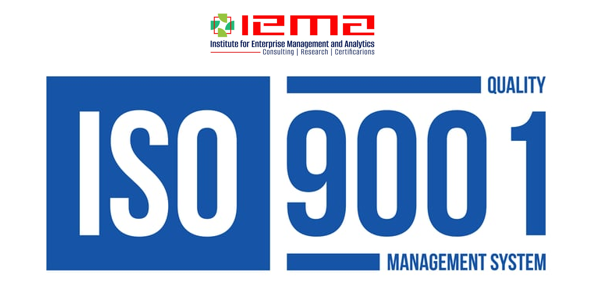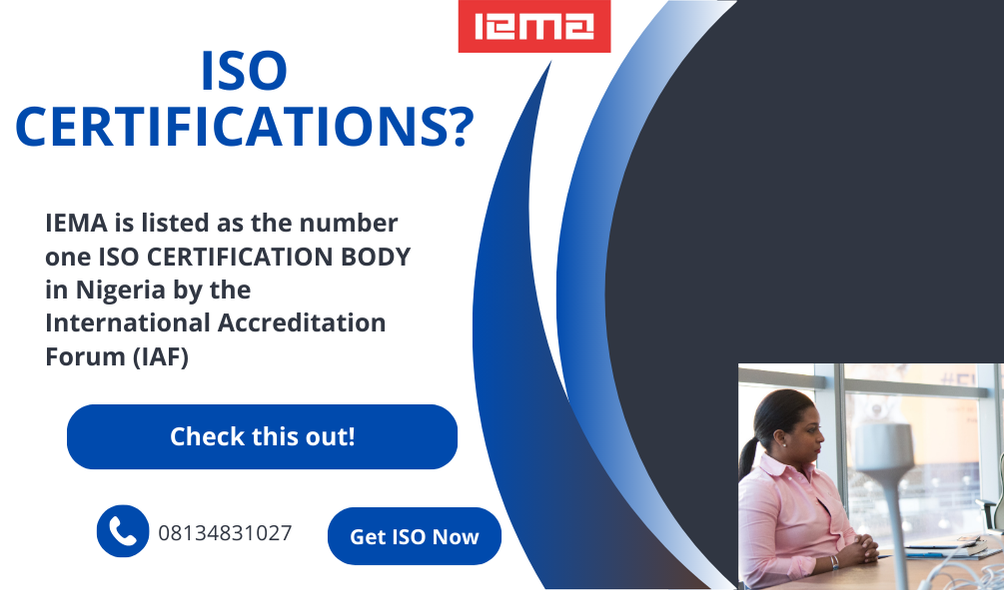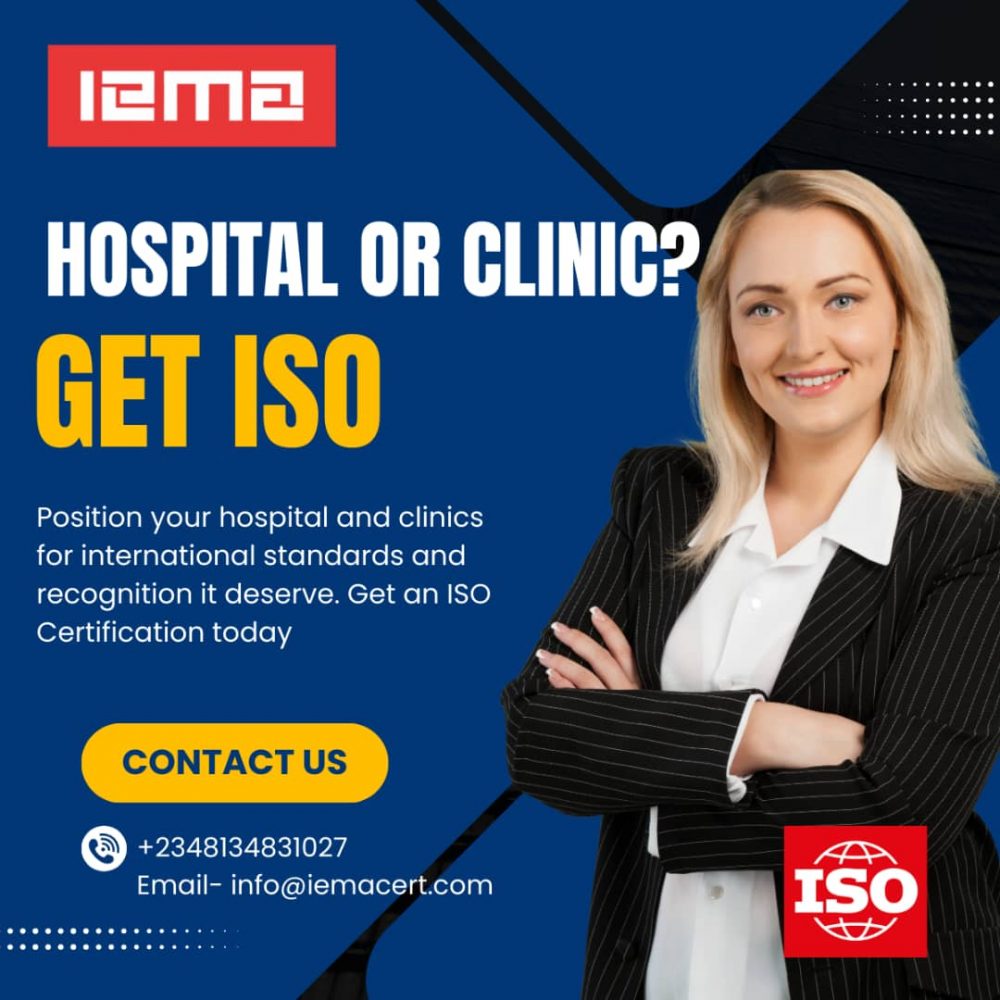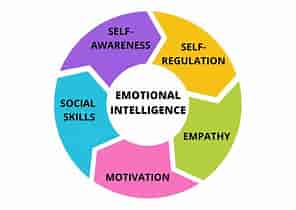At IEMA, we’re committed to quality and our customers. This is why we value ISO 9001 certification, which we’ve held consistently since 2018.
The International Organization for Standardization (ISO) is the world’s largest developer of voluntary International Standards. Their standards offer solutions and best practices for almost all types of technology and business, helping companies and organisations to increase performance while protecting consumers and the planet.
Developed through global consensus, their standards aim to break down barriers to international trade.
What is ISO 9001:2015?
ISO 9001 is the world’s most recognised Quality Management System (QMS) standard.
It aims to help organisations meet the needs of their customers and other stakeholders more effectively. This is achieved by building a framework to ensure consistent quality in providing goods and/or services.
The standard is based on seven quality management principles, including having a strong customer focus, the involvement of top management, and a drive for continual improvement.
The seven quality management principles are:
1 – Customer focus
2 – Leadership
3 – Engagement of people
4 – Process approach
5 – Improvement
6 – Evidence-based decision making
7 – Relationship management
The principles are not ordered by priority. The relative importance of each principle varies from organisation to organisation and may change over time.
Skillcast’s content development, portal, and delivery infrastructure and processes have been accredited with the ISO 9001 Quality Management certification.
Why should you get ISO 9001 certification?
An ISO 9001 certification provides objective proof to your staff, partners, clients and the outside world that customer satisfaction is at the core of your business.
Key benefits of ISO 9001
- Increased revenue: leveraging the reputation of ISO 9001 can help you to win more tenders and contracts, whilst increasing efficiency aids customers satisfaction and retention.
- Improvement of your credibility: when organisations are looking for new suppliers, it is often required to have a QMS based on ISO 9001, particularly for those in the public sector.
- Improved customer satisfaction: by understanding your customers’ needs and reducing errors, you increase customer confidence in your ability to deliver products and services.
- Higher operating efficiency: you can reduce costs by following industry best-practice and focusing on quality.
- Improved decision-making – you can detect and identify problems in good time, which means that you can quickly take steps to avoid the same mistakes in the future.
- Greater employee engagement: you can ensure everyone works toward one agenda by improving internal communications. Involving employees in designing process improvements makes them happier and more productive.
- Better process integration: by examining process interactions, you can find efficiency improvements more easily, reduce errors and make cost savings.
- A continual improvement culture: this is the third principle of ISO 9001. It means that you embed a systematic approach to identifying and exploiting opportunities to improve.
- Better supplier relationships: using best-practice processes contributes to more efficient supply chains, and certification will signpost these to your suppliers.





Leave a Reply